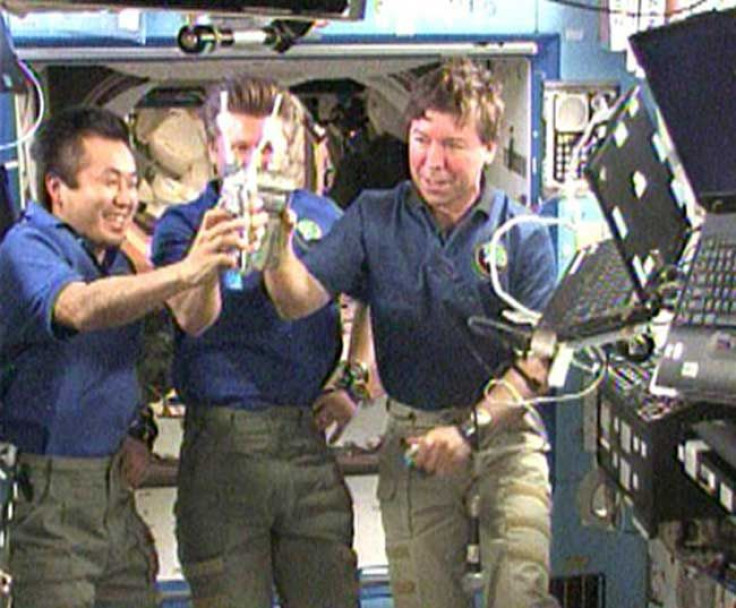NASA funds new research project to turn human poop into food

The NASA has funded researchers US$200,000 a year to analyse how to recycle human faeces into synthetic food. The project, which will be funded for up to three years, aims to help astronauts sustain food on deep space explorations or extended journey to Mars.
The researchers at Clemson University in South Carolina will receive the grant to conduct the project. Clemson was one of the eight universities in the US allocated with the grant to focus on the "innovative, early stage technologies that will address high-priority needs of America's space program," NASA said in a press release.
By providing new means to produce food through synthetic, biology-based approaches, NASA said it would bring huge impacts into space exploration at distant destinations. The project, titled "Synthetic Biology for Recycling Human Waste into Food, Nutraceuticals, and Materials: Closing the Loop for Long-Term Space Travel," is being led by synthetic biologist Mark Blenner at Clemson University.
"Technology drives exploration… these early career researchers will provide fuel for NASA's innovation engine,” said Steve Jurczyk, associate administrator for NASA's Space Technology Mission Directorate. The investments in the technologies and the technologists for the projects are essential to ensure the capabilities of the agency and the nation “to meet the challenges” along the journey to Mars, he added.
To date, NASA has been paying commercial carriers, such as SpaceX, to carry supplies of food to and from the International Space Station, or ISS, since the Space Shuttle programme ended in 2011. The agency is also conducting research projects to provide new ways for astronauts to grow their own food in orbit.
In May, astronauts started growing red romaine lettuce on the ISS, and on Aug 10, they had the first successful taste test of the produce. The astronauts were the first people to eat food grown at the Veggie plant growth system aboard the space laboratory.
Also, astronauts already drink their own recycled urine water after the successful testing of the wastewater recycling system on the ISS in 2009. To date, there is still no further information available about the “poop recycling” project for deep space exploration, but NASA aims to land the first manned mission on Mars by 2030.
Contact the writer at feedback@ibtimes.com.au or tell us what you think below






